Retail Giants Step Up: Costco, Ikea, Target, and Walmart Join the EV Charging Movement
A recent study by Consumer Reports sheds light on the current landscape of electric vehicle (EV) charging stations in the United States, focusing on the role of retailers. The research, which examined over 270,000 store locations across various retail categories, reveals a vast potential for growth in EV infrastructure through retail participation. Despite the low presence of EV charging facilities at retail locations, there are substantial benefits and federal incentives available for retailers willing to invest in this area.
Retailers and EV Charging Availability
The analysis encompassed a broad range of retail categories, including big box stores, grocery stores, drugstores, department stores, convenience stores, and discount stores. Findings indicate that EV charging stations are notably scarce across all retail types, with an average availability ranging from one in every 14 big box store locations to one in every 40 department stores. This scarcity highlights a significant gap in the current EV infrastructure and the opportunity for retailers to become more involved.
Benefits of EV Charging for Retailers
The addition of EV charging stations not only serves the growing number of EV drivers but also offers several advantages for retailers. Data suggests that installing EV chargers can increase store foot traffic by an average of 4 percent and revenue by 5 percent. Moreover, the majority of retail locations in the U.S. qualify for federal benefits that cover 30 percent (up to $100,000) of the installation costs, making it a financially viable initiative for many businesses.
The Triple Bottom Line
Installing EV chargers aligns with the concept of the triple bottom line, benefiting people, the planet, and profits. Retailers can attract more customers, enhance their brand image, and take advantage of federal incentives. Additionally, the strategic placement of charging stations can make sustainable transportation options more accessible to all communities, emphasizing the importance of equity in these efforts.
Consumer Interest and Retailer Commitment
The study also includes survey data revealing that many Americans are considering EVs, but the lack of convenient charging options poses a significant barrier. While some retailers like IKEA have made notable progress by offering EV charging at nearly all of their U.S. locations, others lag far behind, with no leading fast-food chains providing significant EV charging facilities.
Recommendations for Retailers
To address the growing need for EV infrastructure, Consumer Reports urges retailers to:
- Establish and adhere to specific timelines for EV charger installation.
- Consider equity in site selection to ensure accessibility in underserved communities.
- Educate both customers and employees about EV charging.
- Maintain transparency regarding charging locations and services.
- Ensure the durability and reliability of charging stations through proper maintenance.
Conclusion
Retailers possess a unique opportunity to play a crucial role in expanding the EV charging network across the United States. By investing in EV infrastructure, retailers can not only contribute to the environmental cause but also derive economic benefits through increased customer engagement. The encouragement of federal incentives further supports this initiative, offering a strategic avenue for businesses to partake in the clean transportation future.
This article was co-written using AI and was then heavily edited and optimized by our editorial team.
More by TTAC Staff
Latest Car Reviews
Read moreLatest Product Reviews
Read moreRecent Comments
- MaintenanceCosts What is the actual out-the-door price? Is it lower or higher than that of a G580?
- ToolGuy Supercharger > Turbocharger. (Who said this? Me, because it is the Truth.)I have been thinking of obtaining a newer truck to save on fuel expenses, so this one might be perfect.
- Zerofoo Calling Fisker a "small automaker" is a stretch. Fisker designed the car - Magna actually builds the thing.It would be more accurate to call Fisker a design house.
- ToolGuy Real estate, like cars: One of the keys (and fairly easy to do) is to know which purchase NOT to make. Let's see: 0.43 acre lot within shouting distance of $3-4 million homes. You paid $21.8M in 2021, but want me to pay $35M now? No, thank you. (The buyer who got it for $8.5M in 2020, different story, maybe possibly.) [Property taxes plus insurance equals $35K per month? I'm out right there lol.] Point being, you can do better for that money. (At least the schools are good? Nope lol.)If I bought a car company, I would want to buy Honda. Because other automakers have to get up and go to work to make things happen, but Honda can just nap away because they have the Power of Dreams working for them. They can just rest easy and coast to greatness. Shhhh don't wake them. Also don't alert their customers lol.
- Kwik_Shift_Pro4X Much nicer vehicles to choose from for those coins.

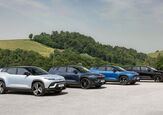
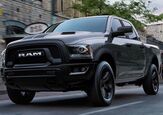
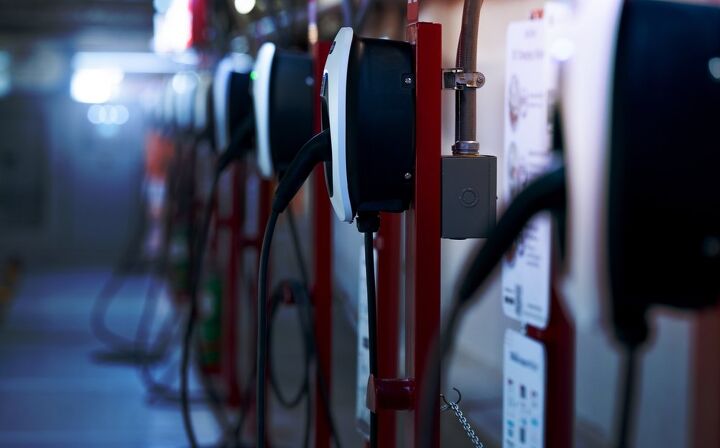
























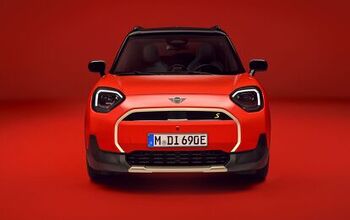

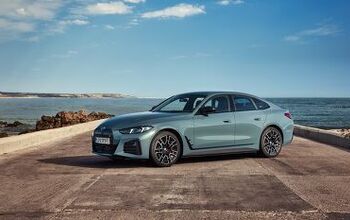

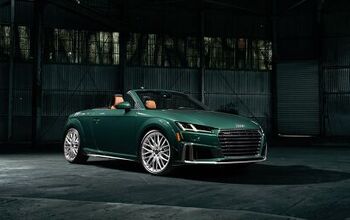

Comments
Join the conversation